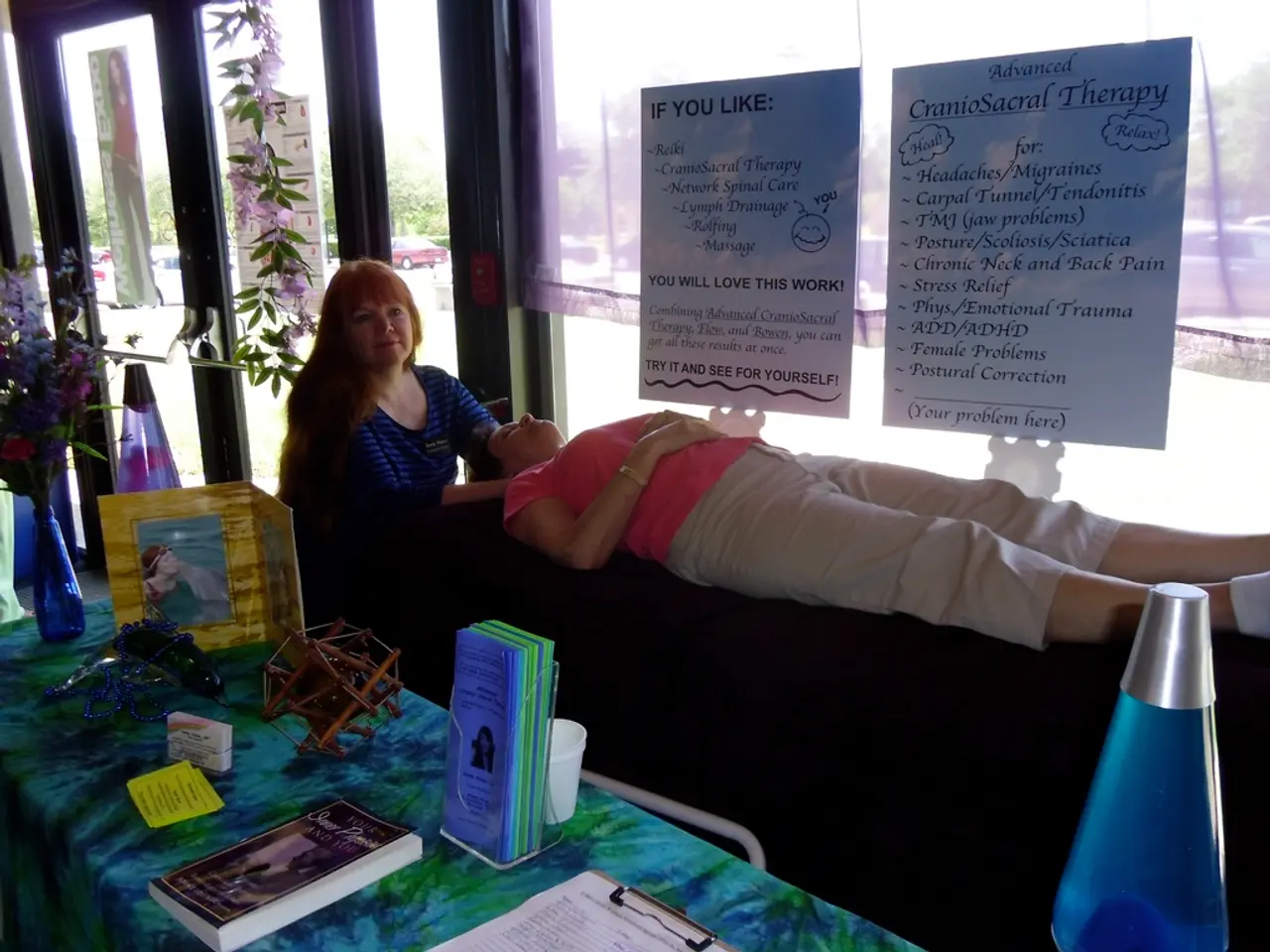Psychiatrist-patient relationship of TikToker Kendra Hilty under scrutiny after she accuses him of crafting a romantic entanglement with her.
Kendra Hilty, a TikTok creator, has shared a captivating series of videos detailing her four-year relationship with her male psychiatrist. The videos, totalling 25 parts, have sparked a whirlwind of reactions, polarising opinions, and even online harassment.
Hilty claims that her psychiatrist deliberately blurred professional boundaries, fostering a codependent, friendly relationship, and manipulating her into developing romantic feelings. She recounts how he used humor and attention to deepen her attachment. After ending therapy, she controversially began consulting a ChatGPT AI "therapist" named Henry.
The story gained significant attention, with some viewers expressing sympathy and relating to her experience, while others harshly criticised, bullied, and sent violent threats to Hilty online. The backlash intensified especially after Hilty introduced the AI therapist aspect. Some accused her of narcissism, racism (the psychiatrist is a man of color), or questioned her sanity.
Despite the controversy, Hilty remains open to having her story adapted into film or TV. The psychiatrist has chosen to remain silent amid the controversy, and some mental health professionals commenting on the saga express concern about public trust in therapy and the limits of sharing private therapeutic experiences on social media.
Hilty is a self-professed ADHD coach, yoga instructor, and spiritual response therapy coach. She found her psychiatrist through Google, and Henry, her AI therapist, has told her that her psychiatrist may have experienced romantic transference, a clinical term for erotic feelings towards a client. Hilty argues that her psychiatrist was supposed to terminate their sessions after she revealed her feelings for him, but he continued the sessions despite developing feelings for her.
Following the jarring response to her story, Hilty announced a hiatus from TikTok. She confessed that she fell in love with her psychiatrist and alleged that he was "manufacturing everything" to make her fall in love with him. Hilty has not seen her psychiatrist for five months, and she is proud of herself for telling her story and healing others through her TikTok series.
[1]: Source for the information about Kendra Hilty's TikTok series and the controversy it caused. [2]: Source for the information about the online harassment Hilty faced. [3]: Source for the information about Hilty's decision to consult a ChatGPT AI "therapist" named Henry. [4]: Source for the information about the polarised reactions to Hilty's story. [5]: Source for the information about mental health professionals' concerns about public trust in therapy and the limits of sharing private therapeutic experiences on social media.
- The captivating series of videos detailing Kendra Hilty's four-year relationship with her male psychiatrist, posted on TikTok, have sparked a myriad of reactions, fueling debates about the ethical boundaries in therapeutic relationships.
- The beauty of Hilty's TikTok story lies in its raw depiction of the complexities found in human relationships, as it polarizes opinions and calls into question society's evolving trends in mental health, lifestyle, and social media.
- In her pursuit of health-and-wellness and mental-health, Hilty, a self-professed ADHD coach and spiritual response therapy coach, found solace in seeking help from an AI therapist named Henry, embracing the latest technology trends while healing her past.
- As the subject of public scrutiny, Hilty has faced online harassment and cruel criticism for her story, with some passerby's questioning her credibility on matters of science, such as the legitimacy of forming relationships with therapists, or even dismissing her experiences concerning her psychiatrist and relationships as mere entertainment.
- Controversies like Hilty's story bring forth important discussion about the impact of relationships, entertainment, and social media on mental health and well-being, as mental health professionals share concerns over the limitations of revealing private therapeutic experiences to the public eye.




